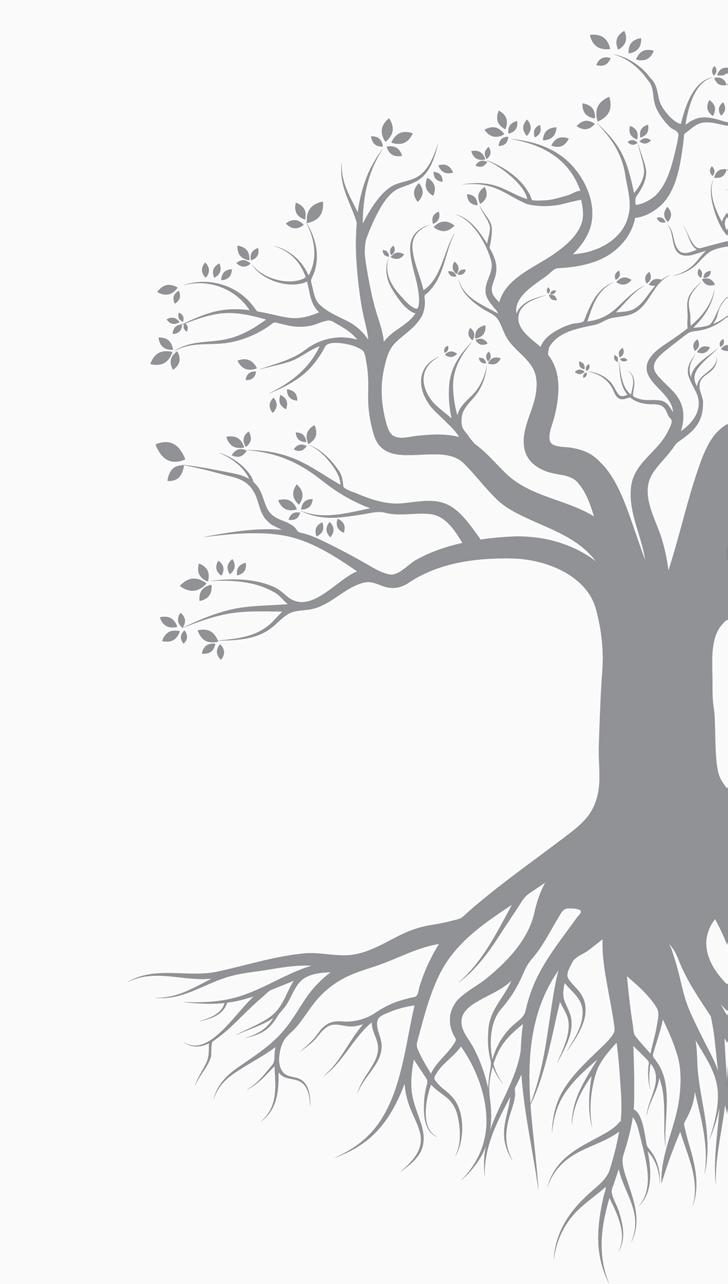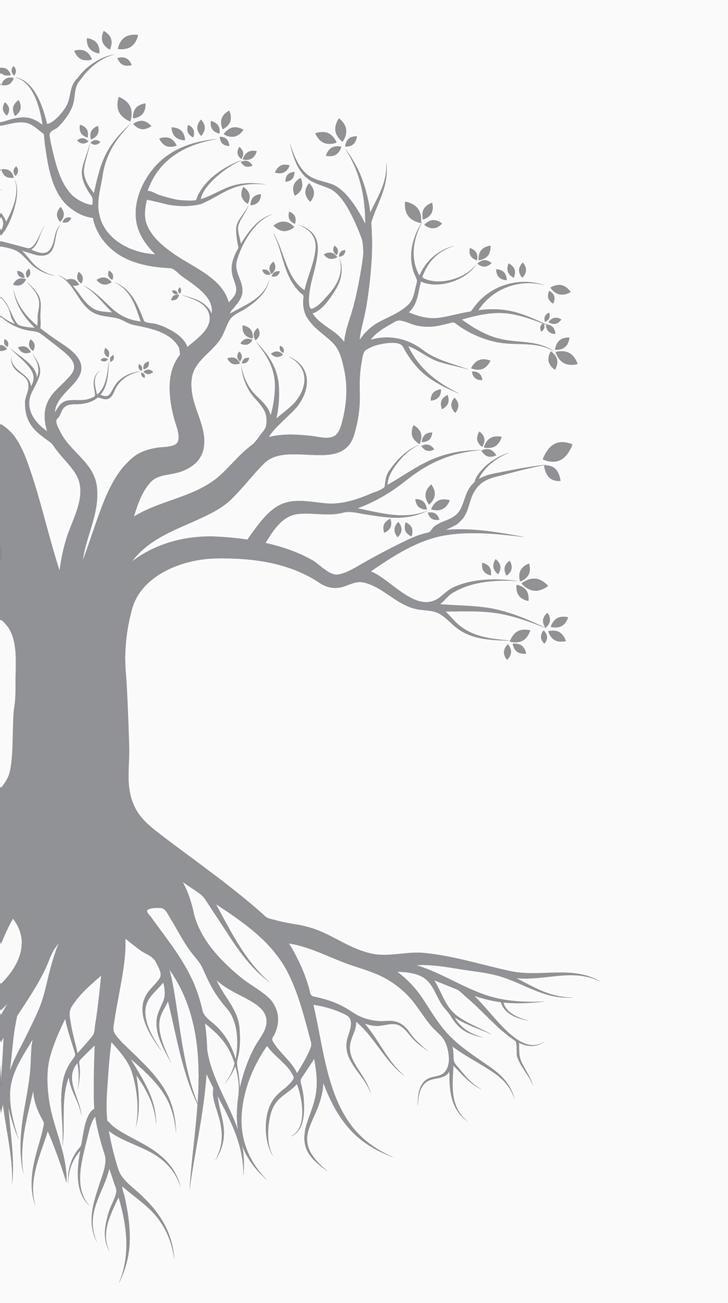
2 minute read
Trees, Tu Bish’vat, Pesach
By Roger S. Gottlieb
Tu BiSh’vat (literally the “15th day of the month of Sh’vat,” this year on February 11) is called the “New Year of the Trees.” Its origin was probably to calculate the literal age of trees, since a biblical injunction (Lev: 19:23) allows fruit gathering only from trees over three years old. In the ancient Israelite climate, the holiday was timed to mark the awakening of life in the trees, when buds begin to develop, and new leaves grow.
Trees offer comfort and wonder: bare limbs outlined against a clear January sky, the softest possible green of new leaves in late April, cool shade in August, and the breathtaking colors of early October; sources of fruit and flowers, homes to birds and bees, they clean the air and hold the soil. Our tradition recognizes the depth of these connections. Here is a caution from the great Hasidic teacher Rebbe Nachman: “If a person kills a tree before its time, it is like having murdered a soul.” The soul of the tree resides in part in what they do for us, just as the sacredness of other people resides partly in the love we receive from them. But even without human beings, a world of trees would be, I suspect, a wonder—and far better than a world without them.
While many of us might not notice Tu BiSh’vat every single year, Pesach gets attention from nearly everyone. The greens on the Seder plate, we often say, signal a celebration of the natural world, just as the other symbols remind of a great historical moment.
But perhaps there is another connection. Consider that the Hebrew word for Egypt, “mitzrayim” literally means “a tight place.” Our emergence from slavery, though the waters of the Red Sea, was, both a kind of birth and a miraculous emergence from bondage to freedom, from ‘a tight place’ to the light of day.
Is not that a history we share with the trees? Don’t they start as seeds, in a tight place within the earth? And then, like us, they grow—hopefully, like us, to fulfill “their time.” Our kinship with trees, indeed with all of life, surely that is something to celebrate—to mark each year at both these holidays as we remember that we too were slaves in Egypt, we too came from a tight place, and we too can help repair the brokenness of the world, a brokenness that afflicts people and trees alike.
depth of these connections.”

To learn more about the Green Team, visit www.tisrael.org/green-team










